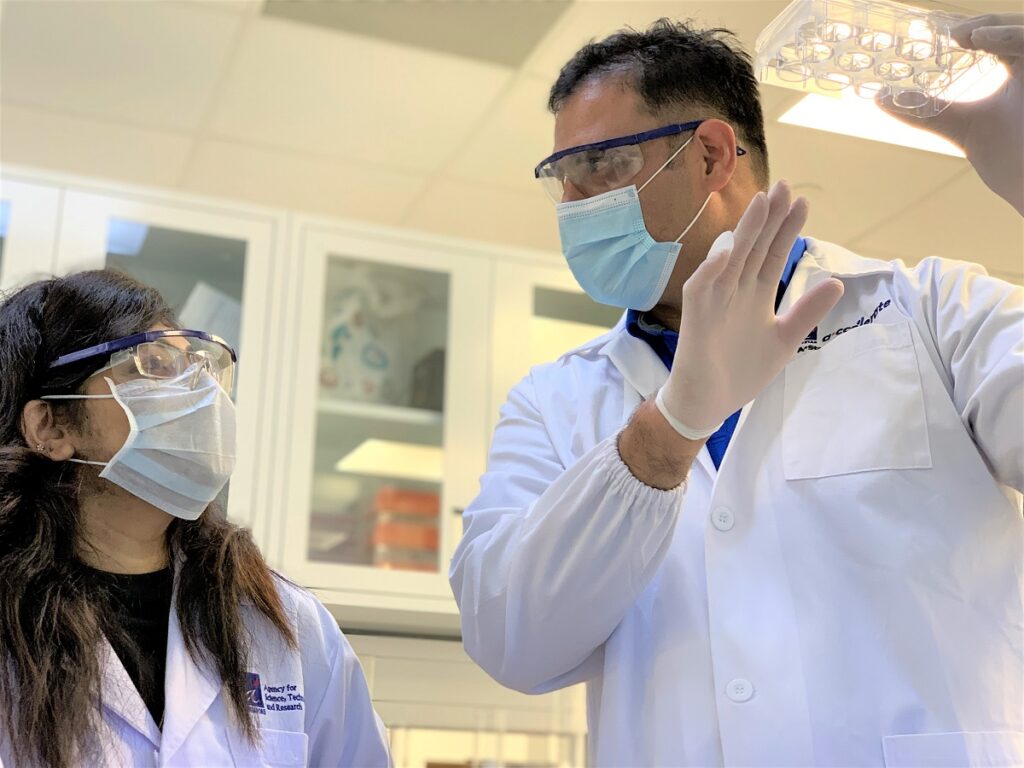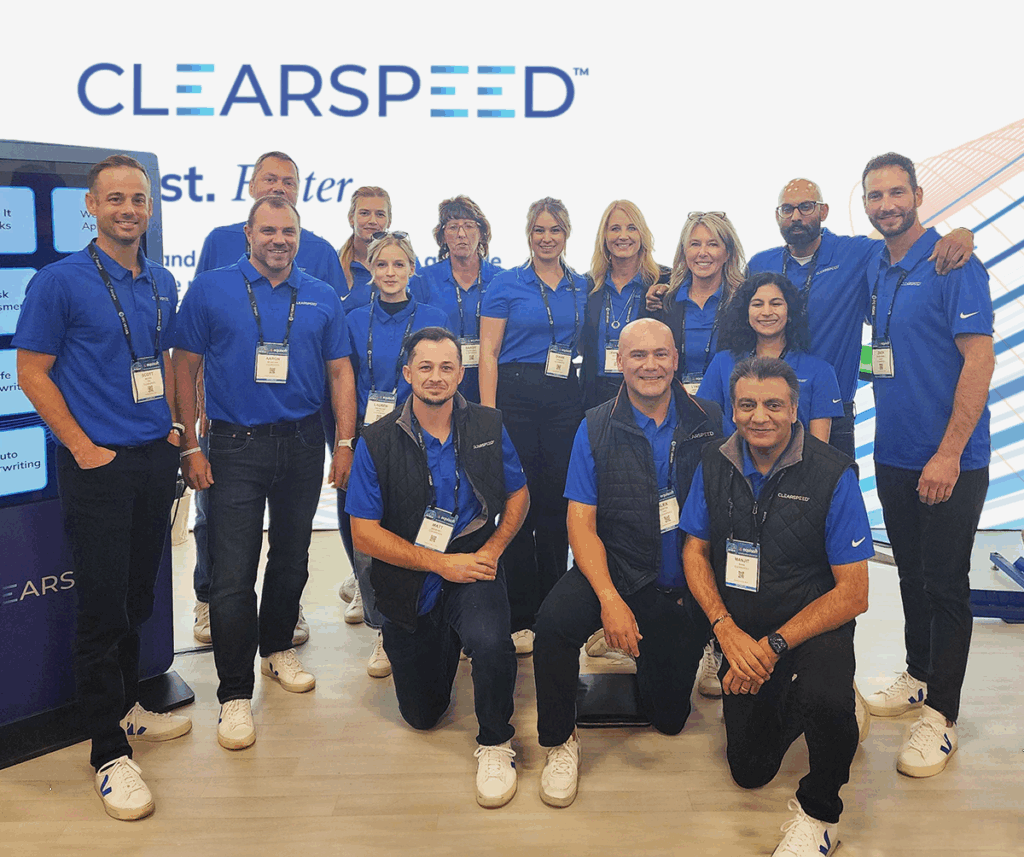TurtleTree Labs, the global leader in cell-based milk, today announced the launch of TurtleTree Scientific, dedicated to the growth of food grade growth factors. Despite the costs of producing cell-based meat declining over the years, the cell culture media and growth factors remain one of the biggest cost contributors, hindering the path to market.
Like cell-based meat companies, TurtleTree Labs also relies on cell culture media and growth factors to make milk. The company’s team of media experts has been focusing on the development of high quality, high volume and cost-efficient growth factors that the company needs. Leveraging on the know-how of their in-house production, the company is now launching TurtleTree Scientific to play a major role in addressing this crucial need.
What does this mean for the cellular agriculture industry? In early 2021, TurtleTree Scientific will be working with cell-based meat companies on the production of food grade growth factors. The prices are expected to be a fraction of pharmaceutical grade equivalents on the market. Singapore, as the first country in the world to approve the sale of cell-based meat products, is strategic as the country is bound to attract the attention of more cell-based companies and has existing customers that it can scale with.
BBC report on TurtleTree Labs
The availability of cost-efficient growth factors will be essential for cellular agriculture to validate its economic feasibility. In addition, Singapore is also a regional biotech hub where quality growth factors are in high demand for their use in the life sciences industry.
Bruce Fredrich, Executive Director, Good Food Institute said: “Singapore for the win again. The exciting work being done at TurtleTree Labs is happening with tremendous support from the government, and other governments need to follow Singapore’s lead. Governments are interested in stopping the next pandemic and in keeping antibiotics working, and governments want to meet their climate obligations under the Paris climate agreement, so governments should be following Singapore’s lead and doing all they can to create a welcoming environment for innovative companies like TurtleTree Labs. Right now, Singapore is in a class by itself; other governments need to step up.”
“Not only are we collaborating with local research institutes like the National University of Singapore and Nanyang Technological University, but also global institutions like Wageningen University in the Netherlands. We have already started sending some samples to other cell-based meat companies and aim to play a major role in this industry,” says Max Rye, Chief Strategist of TurtleTree Labs.
TurtleTree Labs has raised US$9.4 million from investors which include Prince Khaled bin Alwaleed’s KBW Ventures, Hong Kong venture capital firm Green Monday Ventures, and Verso Capital. As an arm of TurtleTree Labs, TurtleTree Scientific will have its own team of experienced industry players driving it.
Related: Cellular agriculture industry event brings together leading venture capitalists for panel discussion



